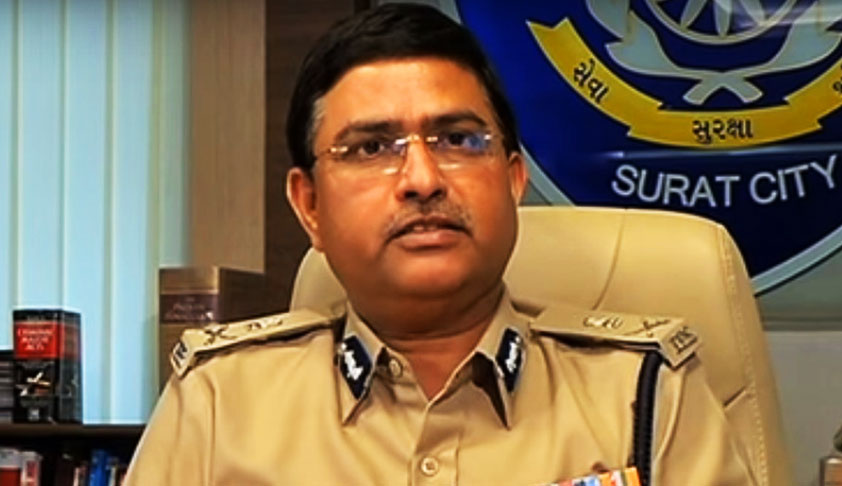SC Reserves Judgment On Petition Challenging CBI Special Director Rakesh Asthana's Appointment
Mehal Jain
24 Nov 2017 7:54 PM IST

Next Story
24 Nov 2017 7:54 PM IST
The Supreme Court bench of Justice RK Agrawal and Justice AM Sapre on Friday reserved judgment on a writ petition, filed by NGO Common Cause, seeking the quashing of the appointment of Gujarat cadre IPS officer Rakesh Asthana as the CBI special director.Advocate Prashant Bhushan, appearing on behalf of the petitioner, relied on the judgment of the apex court in the Vineet Narain case [(1998)...
